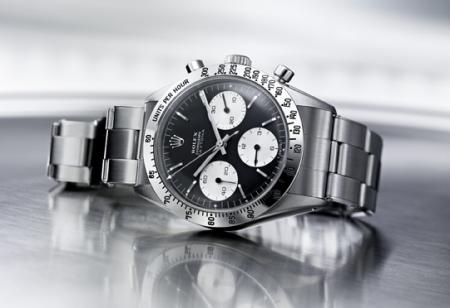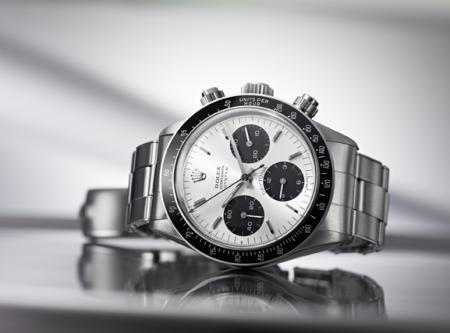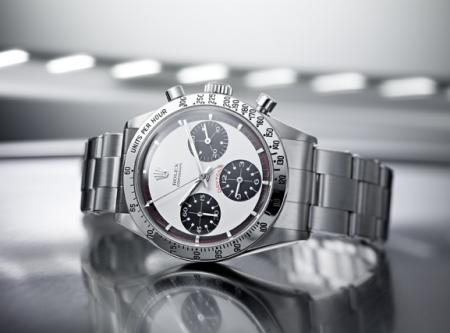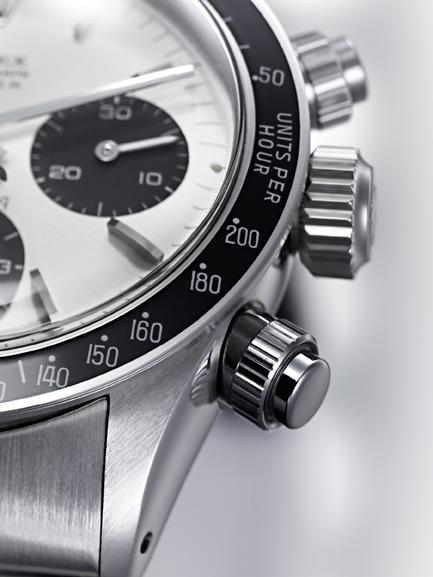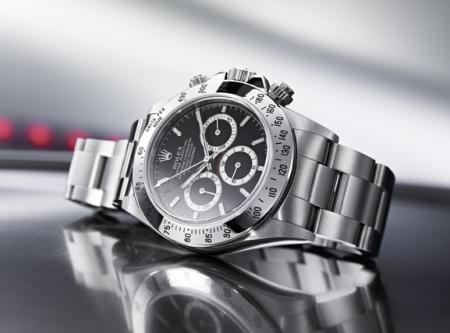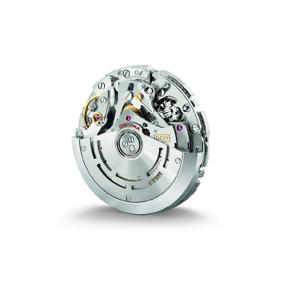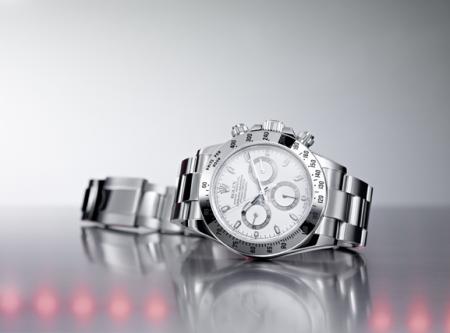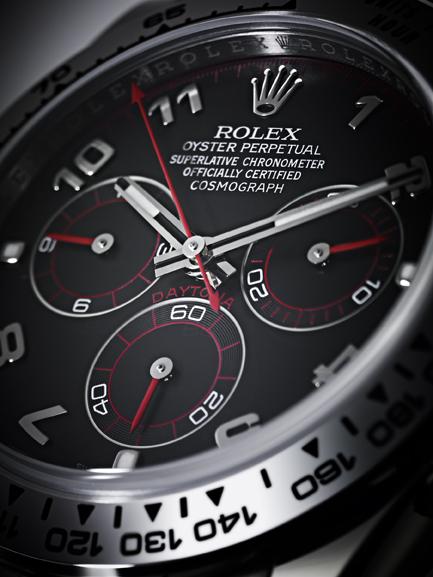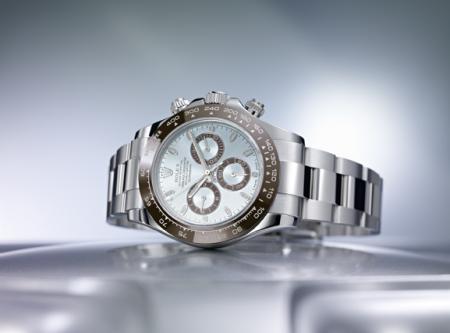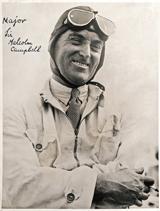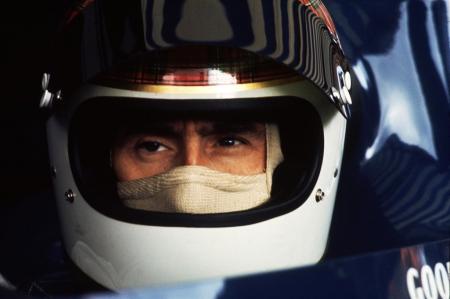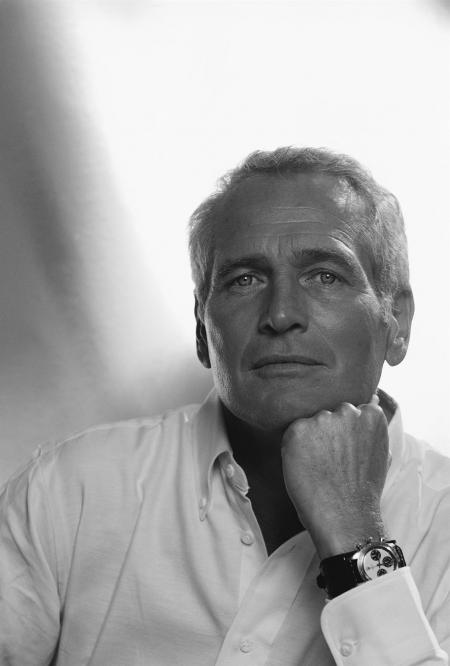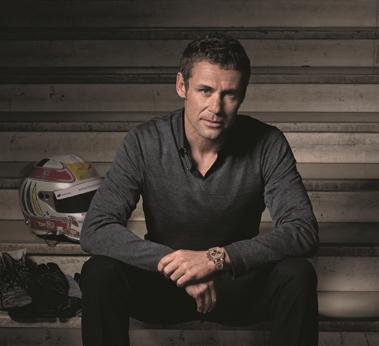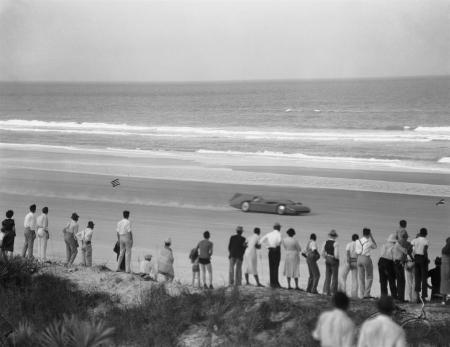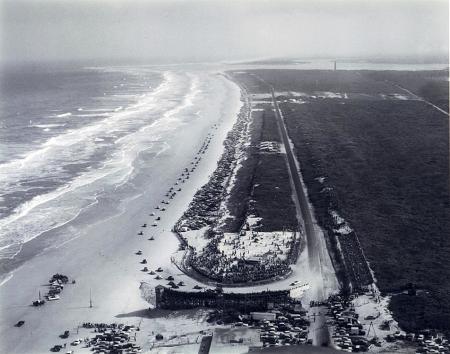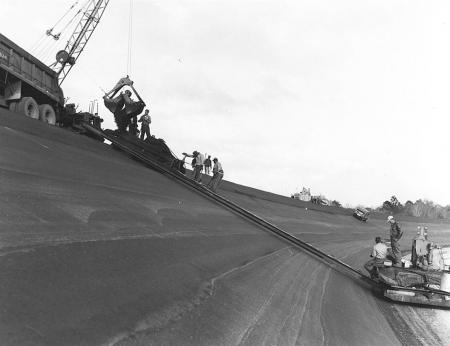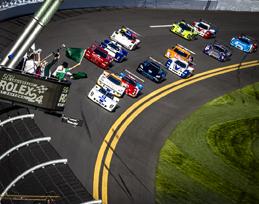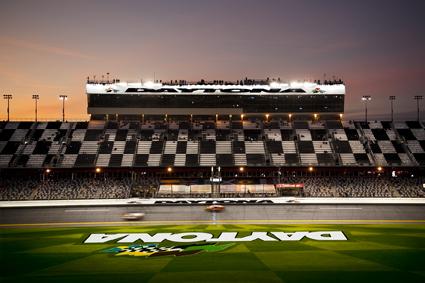50 YEARS OF A MYTH
Exclusive exhibition in Paris: “Daytona to Cosmograph Daytona”
How born a legend of watchmaking’ On the occasion of the fifty years of its model Oyster Perpetual Cosmograph Daytona, Rolex presents in Paris an exclusive exhibition revealing the history and the univers of the most famous and the most coveted chronograph in the world. In a place of over 100 square meters specially dedicated to this icon of speed and motorsports, the visitor is invited to a journey through time, from 1963 to today and up to Daytona in Florida, mecca of racing which gave its name to this iconic model. Besides films, texts and photographs, the exhibition presents exclusively several historical and current Cosmograph Daytona models. To discover in the new watches space of the Bon Marché Rive Gauche from 7 to 26 October 2013.
Daytona, world capital of speed
It all began on the beach in Daytona, Florida. This broad band of hard-packed sand – a straight flat stretch more than 35 kilometres (22 miles) long – became in the early 20th century one of the legendary sites in the conquest of speed and in motor racing. Between 1904 and 1935, the world land speed record was set there 14 times. With its sand tamped down by the Atlantic Ocean, this natural raceway was exceptional. It attracted automobile pioneers from the four corners of the United States and from Europe who came to compete at the wheel of the most powerful cars of their times.
Motor sport exploits that resounded around the globe swiftly secured the title “world capital of speed” for Daytona. In March 1935, the unbridled race to be the fastest culminated in a world record set by British driver Sir Malcolm Campbell in his famous speedster Bluebird – 445 km/h (276 mph) – just a few months before he broke the 300 mph barrier on the Bonneville Salt Flats in Utah. And the man who was to go down in history as the king of speed had been wearing a Rolex OYSTER since the early 1930s.
The racing driver’watch
The tradition of epic motor racing in Daytona persisted on the beach until the late 1950s. It has continued on the Daytona International Speedway, a veritable temple of speed built in 1959 as one of the first Super Speedways in the world. Every year, this gigantic amphitheatre of modern times, 4 kilometres in circumference, with 31-degree banked turns which allow breathtaking acceleration, hosts automobile races as thrilling and prestigious as the Daytona 500 and the Rolex 24 At Daytona. The most experienced racing drivers rate the latter, 24-hour endurance race – the American equivalent of the 24 Hours of Le Mans – as one of the most difficult in the world.
Daytona International Speedway inherited one of the most formidable histories of speed and motor racing, and gave its name to the chronograph Rolex dedicated in 1963 to racing drivers and motor sport enthusiasts: the OSMOGRAPH DAYTONA. An innovative chronograph noted for the excellent legibility of its functions thanks to highly contrasting counters and its tachymetric scale, which was no longer on the dial but positioned on the bezel. Its sporty appearance, as usual for Rolex watches, was the result of functional considerations intended to respond to the earer’s needs and to make the watch the best instrument for measuring time and speed on the racing track.
The legend lives on
For half a century, the COSMOGRAPH DAYTONA has created its own legend. By the mid-1960s, it had become the winner’s trophy at the 24 Hours of Daytona, a race inaugurated in 1962 and renamed Rolex 24 At Daytona in 1992. Today, the DAYTONA chronograph is still regarded as the highest honour for the endurance racing drivers, among the best in the world, who compete there each January.
“It’s all about the watch”, said driver Scott Pruett a few days before he and his team triumphed in the 2013 edition – his fifth victory. Although initially the Daytona race track gave its name to the Rolex chronograph, today the leading competition, which begins the automobile sports season in the United States, is commonly known by the name of its prestigious trophy: “The Rolex”.
The COSMOGRAPH DAYTONA is also the Official Timepiece of the 24 Hours of Le Mans and the chronograph worn by Tom Kristensen, a Rolex Testimonee and the only racing driver to have won the prestigious French endurance race eight times. FROM DAYTONA TO THE COSMOGRAPH DAYTONA, A PASSION FOR SPEED In 2013, Rolex again reinforced its ties with motor sport by becoming one of the principal partners of FORMULA 1, a commitment that underscores the very same passion for performance, innovation, precision and excellence.
The saga of the DAYTONA would not be complete without mentioning the role played by Paul Newman in the 1970s. For decades, the legendary Hollywood star and passionate racing driver wore a COSMOGRAPH DAYTONA in town as well as on the circuits, especially a model with a particular dial which collectors would asso ci ate with his name – and his aura.
But like all legends, the worldwide success of the COSMOGRAPH DAYTONA has retained its share of mystery. Acclaimed by racing drivers and endowed with a prestigious heritage, the Rolex chronograph was propelled to the rank of an icon after a new, entirely redesigned and self-winding model was introduced in 1988. The DAYTONA became an unprecedented phenomenon, which has remained un diminished for 25 years. In 2000, the COSMOGRAPH DAYTONA’s peerless reputation was enhanced when Rolex equipped the watch with a new high-performance, self-winding movement entirely designed and manufactured in-house. Emblematic of Rolex’s watchmaking know-how and technological prowess, the numerous innovations in this movement allow it to distinguish itself, setting new standards for chronographs in terms robustness, reliability and precision.
The crowning touch is launched in 2013: the COSMOGRAPH DAYTONA is the first OYSTER model in the Professional range to be presented in platinum, the most noble of precious metals, with a spectacular monobloc CERACHROM bezel in ceramic.
Fifty years after its creation, the COSMOGRAPH DAYTONA continues to evolve and achieve unparalleled status in the realm of sports chronographs. Rolex has never changed its approach: striving to design and manufacture the chronograph that best responds to Rolex demands of quality and functionality. Beyond that, legends tend to escape their creators and live on.
About Rolex
Leading brand of the Swiss watch industry, Rolex, headquartered in Geneva, enjoys an unrivalled reputation for quality and expertise the world over. Its OYSTER watches, all certified as chronometers for their precision, are symbols of excellence, performance and prestige. Pioneer in the development of the wristwatch as early as 1905, the brand is at the origin of numerous major watchmaking innovations, such as the OYSTER, the first waterproof wristwatch, launched in 1926, and the PERPETUAL rotor self-winding mechanism introduced in 1931. Rolex has registered over 400 patents in the course of its history. A truly integrated and independent manufacturing company, Rolex designs, develops and produces in-house all the essential components of its watches, from the casting of the gold alloys to the machining, crafting, assembly and finishing of the movement, case, dial and bracelet. Rolex is also actively involved in supporting the arts, sports, exploration, the spirit of enterprise, and the environment through a broad palette of sponsoring activities as well as philanthropic programmes.
Exhibition “at cosmograph daytona daytona”
From 7 to 26 October 2013 Au Bon Marché Rive Gauche, space clocks
24, rue de Sèvres, 75007 Paris
Open from 10am to 20pm Monday to Saturday, until 21h Thursday and Friday
